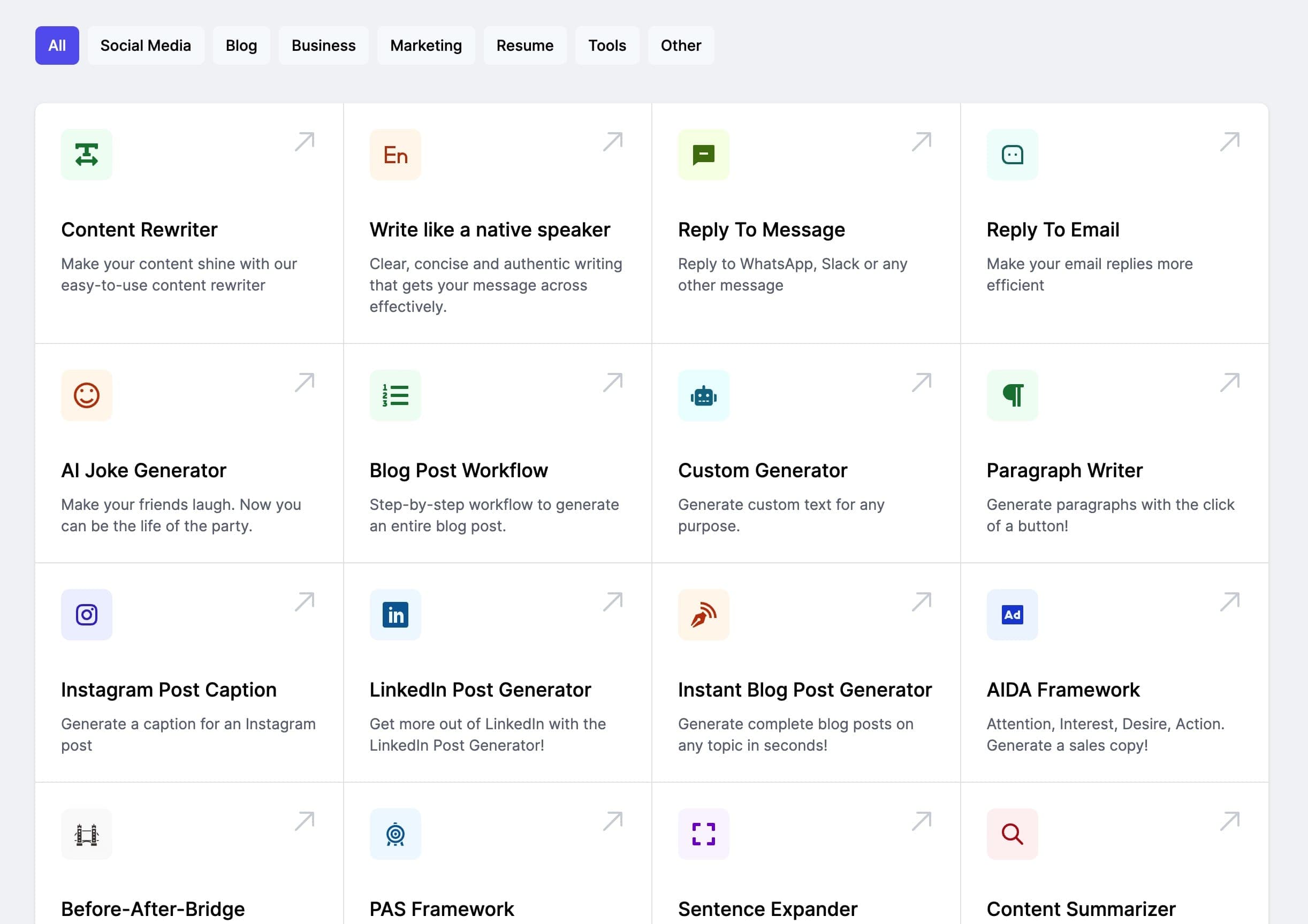入力
私は営業担当副社長に昇進しました。私たちは 10 人の専門家からなるチームを編成します。
出力
私はこの度、営業担当副社長に昇進することができました。この新たな役職に就くことを光栄に思いますし、これからの挑戦に胸を躍らせております。私たちは、さまざまな分野の専門知識を持つ10人のプロフェッショナルからなるチームを編成し、一丸となって事業のさらなる発展を目指します。
このチームは、それぞれが高い専門性を持ち、多様なバックグラウンドを持つメンバーで構成されています。私たちの目標は、革新的なアイデアと戦略を駆使して市場での成功を収めることです。チームの一員として、またリーダーとして、私は彼らと共に成長し、共に挑戦していくことを楽しみにしています。
この新しい旅立ちにあたって、私たちが目指すのは、常に顧客の期待を超えること。そのために、我々は絶えず市場の動向を探り、最新のテクノロジーを取り入れながら、柔軟かつ迅速に対応していく所存です。プロフェッショナルとしての誇りを持ち、チーム全員で協力しながら、新しい価値を創造して参ります。
皆さまの継続的な支援と励ましに感謝申し上げます。これからも変わらぬご支持を賜りますようお願い申し上げます。一緒に新たな歴史を作っていきましょう。
